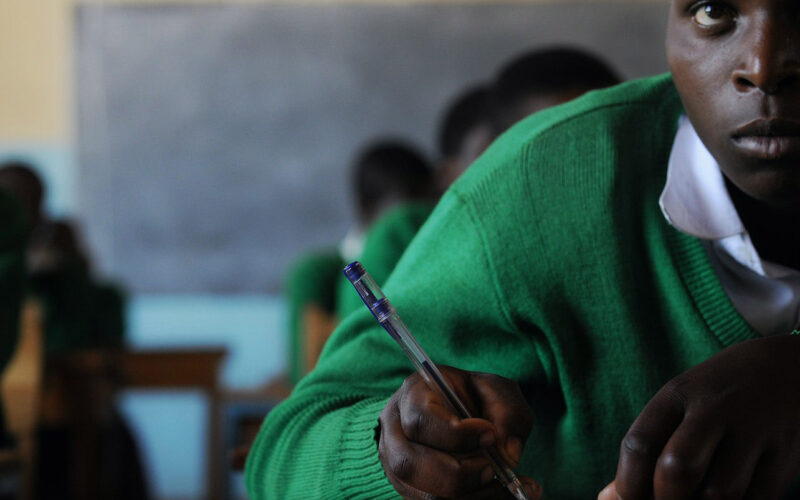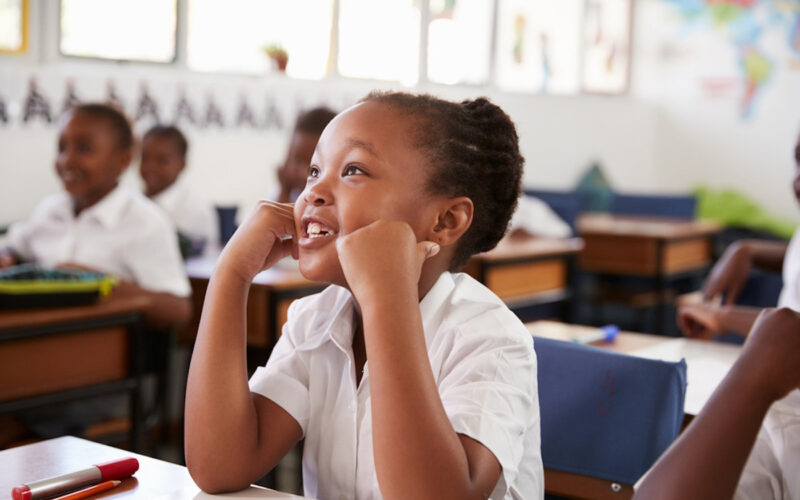
South Africa’s literacy crisis: our app could help young readers by using home language and English
LAURETTE MARAIS, Senior Researcher, Council for Scientific and Industrial Research LAURETTE PRETORIUS, Professor Extraordinarius, Stellenbosch University LITERACY changes lives: in Unesco’s words, it “empowers and liberates people, … reduces poverty, increases participation in the labour market and has positive effects on health and sustainable development”. But in South Africa, 8 out of 10 children cannot read for meaning by the end of their third school year. During the first three years of their education, South African children receive schooling in one of the 11 written official languages. Generally, this means being taught in their home language. Then, at the beginning…


